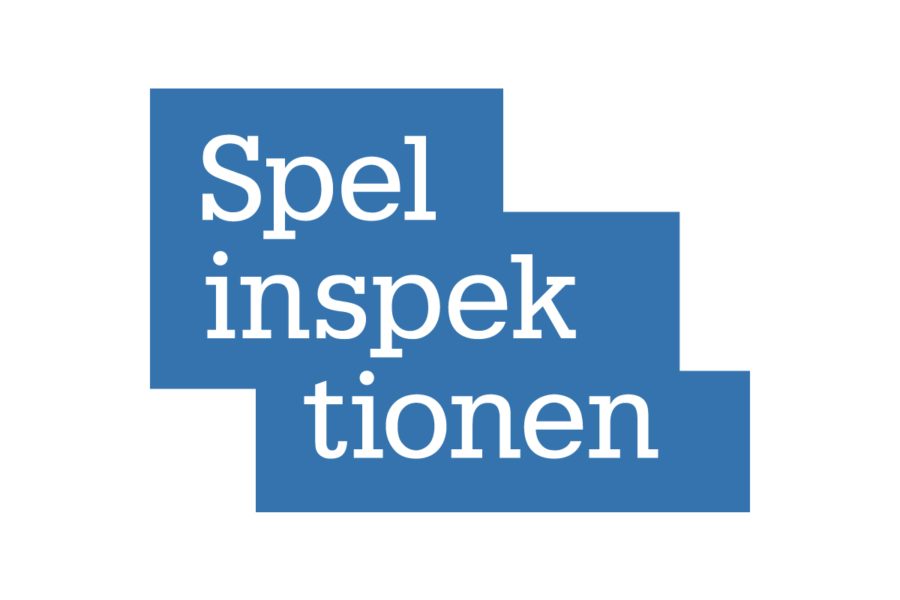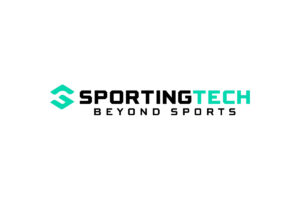Gambling in Sweden: audit office report criticises regulator’s effectiveness

Sweden’s national audit office has concluded that Spelinspektionen should do more to monitor licensed operators.
Sweden.- Riksrevisionen, Sweden’s national audit office, has delivered its report on the country’s gambling regulator Spelinspektionen. The report concluded that the regulator needs to do more to monitor licensed gambling, but also suggested that the government needed to better define illegal gambling.
The 97-page report covers the activities of Spelinspektionen since the opening of Sweden’s competitive regulated gambling market in 2019. It found that the regulator has often not been effective enough to meet its objectives.
One of the faults identified was a lack of inspections of licensees. It says that the decision of which operators to inspect was not based on solid analysis and that the process of the inspections themselves needed to be reviewed.
“The methods for selection should be systematic and have some form of empirical or scientific support,” it said, adding that “there should be a clear division of responsibilities between units and functions within the authority.” The report also suggested that Spelinspektionen has failed to follow up sufficiently to ensure alleged deficiencies are corrected. It said that inspections in sub-markets had been particularly limited.
“In order for the system to be perceived as credible, it is important for all licence types and game forms to be inspected with some regularity,” it said.
The report also finds fault with Spelinspektionen for not following up on orders. It concluded that the regulator could not always be sure that reported errors had been rectified or if its processes were fully effective.
“Spelinspektionen needs to develop its planning process for supervision. For example, its risk analysis needs to become more systematic,” the report said.
Nevertheless, the report had positive things to say about the constant development of gambling regulation in Sweden and the willingness to amend and adapt procedures. The criticism wasn’t all reserved for the regulator itself either. The report blamed some of Spelinspektionen’s challenges in dealing with unlicensed gambling on the government.
It noted that Spelinspektionen had contacted the government about challenges in this area, including the difficulty in geoblocking unlicensed operators based outside of the county, but that the government had taken no action. The report also said that the legal definition of what constitutes an illegal operator lacks clarity. That’s because the legislation defines only unlicensed operators using clear Swedish identifiers like the Swedish language or currency as illegal.
It reads: “In the opinion of the National Audit Office, there is reason for the government to take a new position on the law’s scope of application. In this context, the possibilities of expanding the scope to include online games that can be played by players in Sweden should also be investigated.”
Recommendations for Swedish gambling regulation
The report makes two lists of recommendations, one for Spelinspektionen and one for the government. For the regulator, it recommends developing processes for planning, directing and following on activities, including a systematic risk analysis and annual supervisory planning. It also recommended increasing the scope and effectiveness of inspections in both licensed and illegal markets.
For the government, the report recommended providing more support to give Spelinspektionen the powers it needs to monitor the market. It also suggests that the government review Spelinspektionen’s scope to define whether it has the jurisdiction to penalise operators licensed in other countries.
Riksrevisionen director Claudia Gardberg Morner said: “It is particularly important to supervise forms of gambling that are associated with high risk. This includes commercial online gambling and betting, which should be controlled significantly more. It is also important to exclude illegal gambling.
“The government should clarify in which cases online gambling requires a licence. That would facilitate the supervisory work.”

Spelinspektionen director general Camilla Rosenberg welcomed the findings. She said: “Since re-regulation we have carried out ongoing changes and still have work to do. We can look back on six very intense years with a new legislation, new actors and new tasks in a completely new regulatory framework.”
She added: “We have also received increased budget funds for 2024 that we requested. This is a decisive factor in being able to develop further.”
Earlier in the month, Spelinspektionen cleared three operators that it had put under investigation. It has concluded that Paf, Burstit and LeoEx complied with their duties.
The regulator had submitted the three operators to an investigation of practices and processes relating to certification, deposit restrictions, login times and gaming and business system functionality. The probe was announced as part of the regulator’s efforts to uphold strict standards in the market.
Spelinspektionen concluded: “All supervisory matters have been concluded without intervention against the licence holders, because the review has revealed nothing more than that the companies meet the current requirements.”
Meanwhile, the Swedish Parliament is to evaluate a proposal to lower the country’s tax rate on gross gambling revenue from Moderate Party MP Carl Nordblom. Gambling tax was increased from 18 to 22 per cent from July 1 in a bid to generate an extra SEK500m in annual tax revenue for the government.









